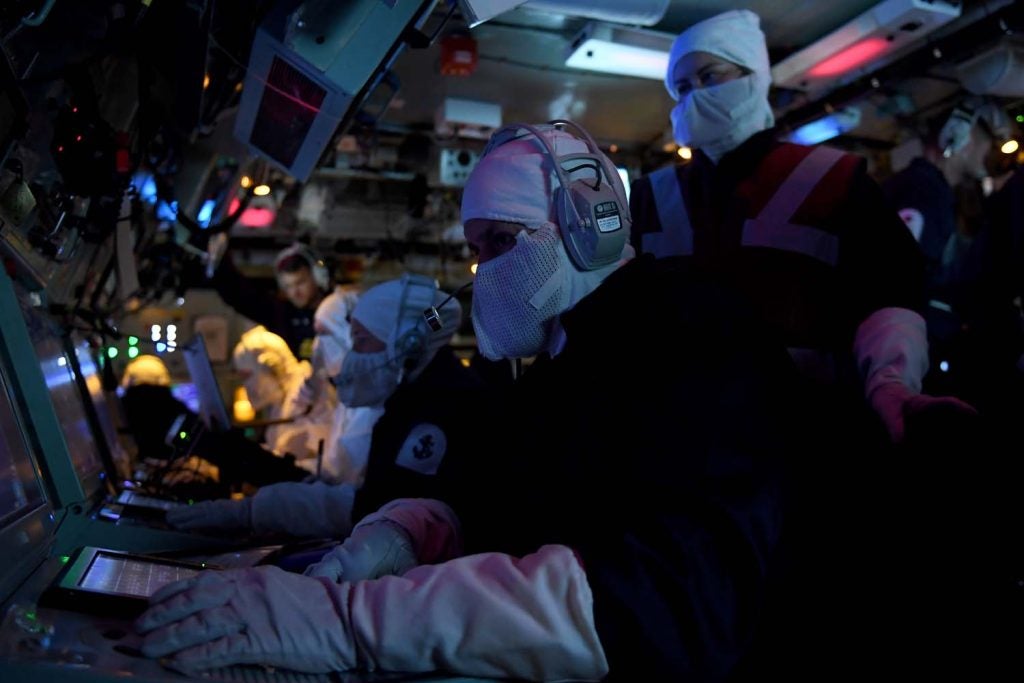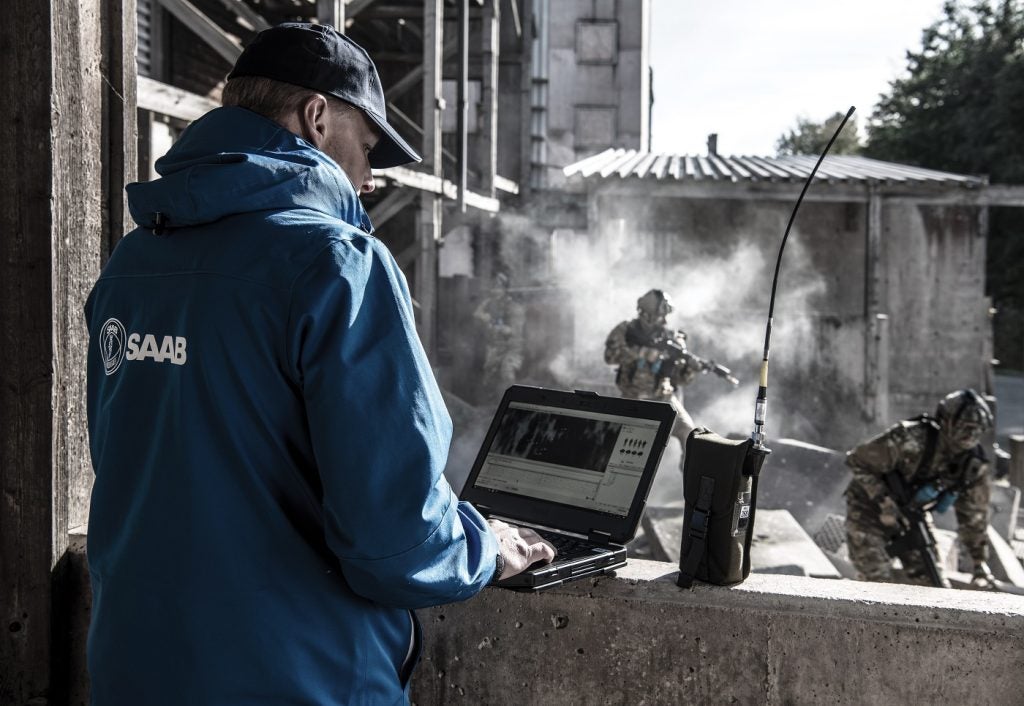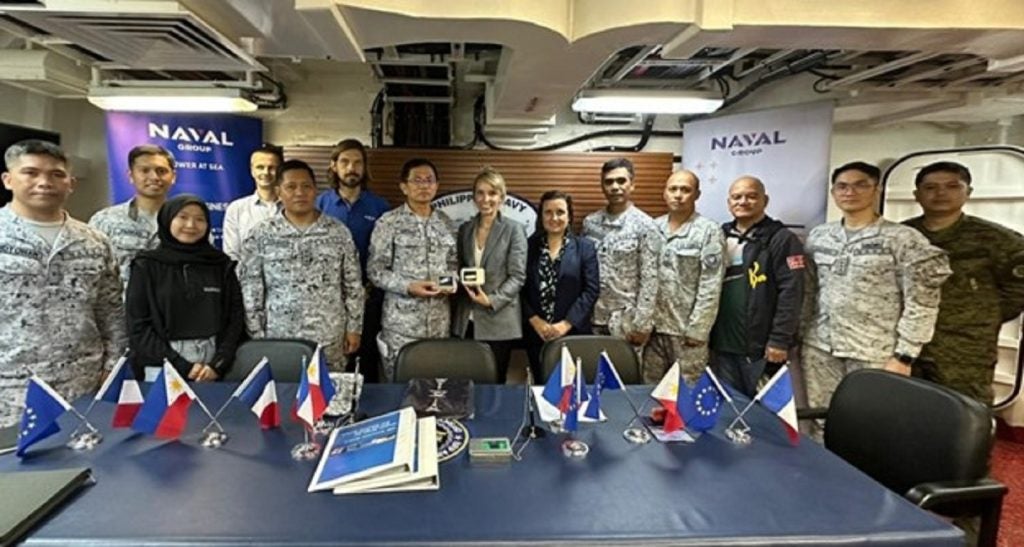In an era of shifting global dynamics, the Royal Navy is ushering in a new training age with 'Operation Mayflower.'
This initiative, developed in collaboration with Inzpire Defence Limited, replaces the age-old maritime rivalry of Brownia and Ginger with a complex geopolitical scenario.
As the Royal Navy and allied warships prepare to undertake Operational Sea Training, they face an environment better aligned with the challenges of 2023 and beyond.
Under the banner of 'Operation Mayflower,' the Royal Navy is retiring the fictional rivalry between Brownia and Ginger in favour of a more pertinent and intricate training scenario.
Adapting to shifting global dynamics
For 28 years, naval personnel have honed their skills within the confines of the old scenario—a world where Brownia and Ginger sparred, and warships navigated the complexities of 'Operation Renaissance.' However, this backdrop no longer suffices in reflecting the intricate web of challenges faced by the Royal Navy and allied warships today.
In response, 'Operation Mayflower' emerged as the new training paradigm. Developed by Fleet Operational Standards and Training (FOST) in Devonport, in conjunction with Inzpire Defence Limited, this scenario introduces four fictitious nations, each driven by distinct domestic and international ambitions that demand naval intervention.
According to GlobalData's "The Global Military Simulation and Training Market Forecast 2022-2032", the global military simulation and training market, valued at $28.9 billion in 2022, is projected to grow at a CAGR of 2.6% over the forecast period. It is expected to reach $37.2 billion by 2032 and cumulatively value $352.7 billion over the forecast period.
The core fundamentals of Royal Navy training, including dealing with fires, flooding, and equipment breakdowns, remain intact. However, the 'Operation Mayflower' scenario introduces modern warfare threats spanning the cyber and electromagnetic domains. Sailors and command teams will navigate these challenges, adapting sensors, systems, and weapons accordingly.
One notable aspect of the new training is its emphasis on higher-level command and control. Command teams will have more flexibility in decision-making, navigating the ambiguity often encountered in real-world operations.
Inzpire's innovative training collaboration
The FOST team, responsible for refining and adapting the scenario as needed, aims to provide warships and their crews with training that aligns with the demands of a challenging and relevant geopolitical landscape, preparing them for contemporary operations.
Captain Andrew Canale, Captain FOST (Ships), welcomed this transformation, hailing it as "long overdue."
He expressed his satisfaction with the collaborative efforts of his team and Inzpire, "I am pleased with the way my team combined with Inzpire to develop a new, modern and contemporary strategic exercise scenario that better reflects the world we live in today and prepares our ships and those of our international partners for the operational challenges of tomorrow."
This initiative is one of several collaborations between FOST (Ships) and Inzpire, fostering advancements in naval training and readiness. Their combined efforts have yielded improvements in gunnery training and contributed to developing future synthetic training solutions under the platform-enabled training concept.
Recently, Inzpire has also been working with QinetiQ and BAE Systems to demonstrate the second phase of connecting Platform Enabled Training Compatibility training systems across various Royal Navy vessels. The PETC programme is a training system where personnel face an immersive warfighting scenario in a virtual environment.











